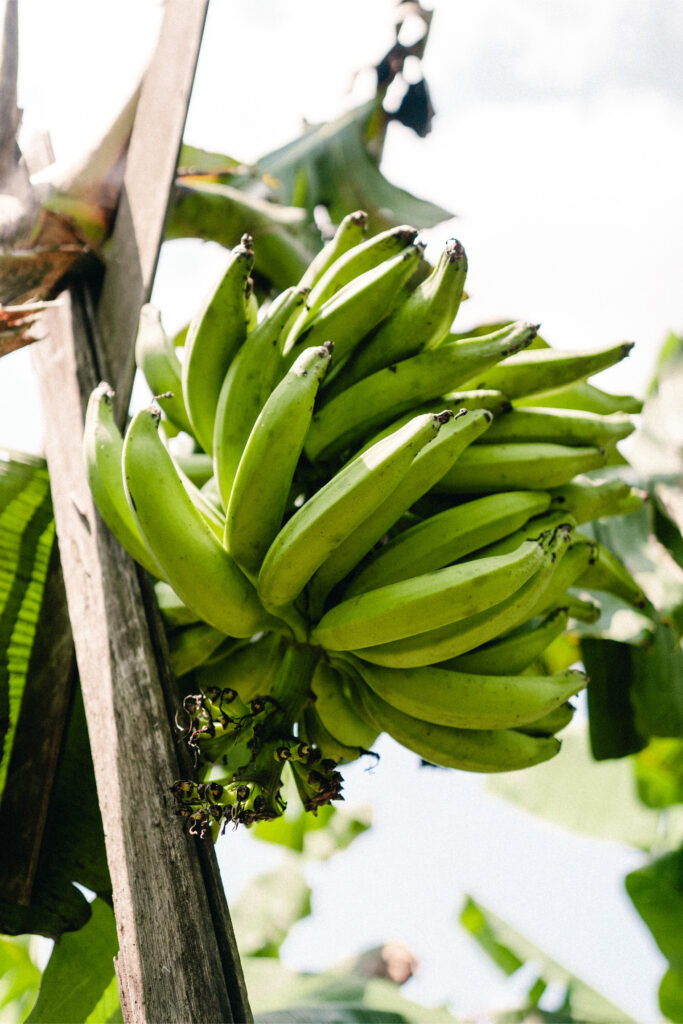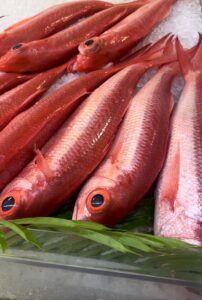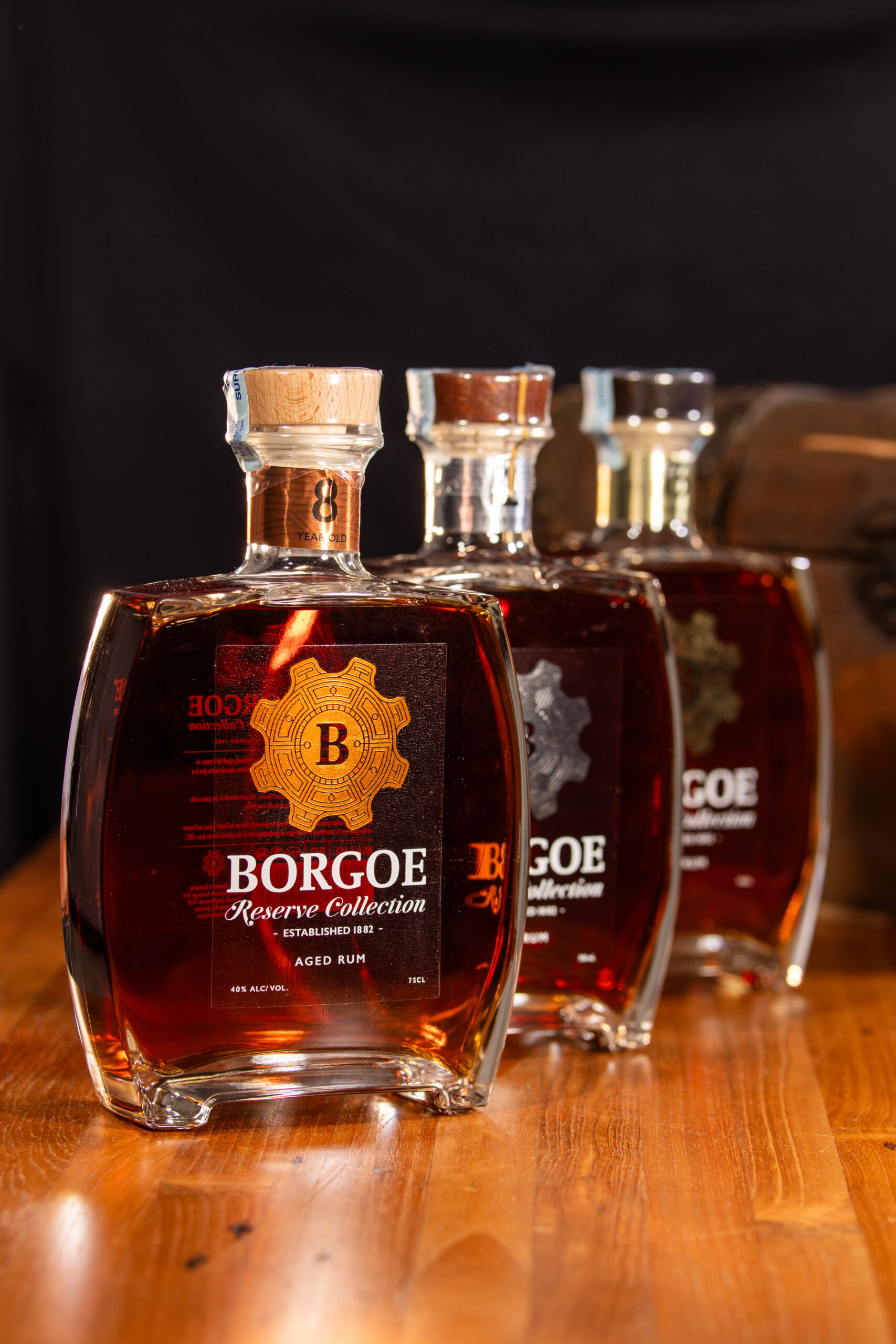Food: Rice, Fruits, and Vegetables
Suriname is known for producing premium-quality rice, fruits, and vegetables, cultivated using sustainable farming practices. With vast agricultural lands and favorable growing conditions, Suriname is a significant exporter of organic, pesticide-free produce.
- Rice: As one of Suriname’s largest export products, rice is a staple in the national diet and has gained international recognition for its quality. Surinamese rice, particularly parboiled rice, is sought after for its taste, texture, and nutritional value. Leading producers like N.V. Rijsthandel Sahara export to markets across the Caribbean and Europe.
- Fruits: Suriname’s tropical fruits, such as passion fruit, bananas, golden apples, and soursop, are cultivated following Global GAP standards, ensuring the highest levels of quality and safety. Cooperatives like the Saramacca Fruit & Vegetable Farmers play a key role in delivering fresh, pesticide-free produce to international markets.
- Vegetables: A variety of fresh vegetables, including peppers and cassava, are produced sustainably, with local farmers implementing composting and natural manure techniques to minimize environmental impact.



